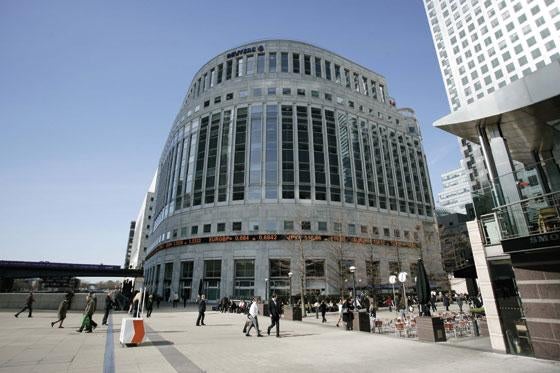
Journalists at global news agency Thomson Reuters have voted in favour of industrial action.
National Union of Journalists members who used to work for Thomson Financial News voted 59 per cent in favour of a strike, and 83 per cent in favour of action short of a strike.
Journalists will meet on Wednesday to decide their next move.
Before Reuters merged with Thomson last year, Thomson Financial News journalists enjoyed a nine-day fortnight. Thomson Reuters management now wants to introduce a 10-day fortnight.
But the NUJ chapel says, with a pay offer of 1.25 per cent, and company profits of $833m (£591m), Thomson Reuters should maintain the nine-day working fortnight.
The company had offered a £1,000 payment to all journalists giving up the nine-day format.
Barry Fitzpatrick, NUJ head of publishing, said: “Our members at the previous Thomson group had a nine-day fortnight as part of their contracts to recognise the stress of the job and the anti-social shift pattern.
“They now play their part in making huge profits for an extraordinarily successful company.”
Jeremy Dear, NUJ general secretary, said: “There is absolutely no justification for the working conditions of these journalists to be worsened.
“In fact, if the Thomson Reuters executives gave up a small proportion of their bonuses they could employ enough extra staff or freelances for every journalist at the company to work a nine-day fortnight.”
A spokesman for Thomson Reuters said: “Reuters is deeply disappointed that a majority of former Thomson Financial News staff have voted for industrial action over changes to shift patterns in the London newsroom. Given the challenges facing the industry and the innovative investments Reuters is making throughout the newsroom, the ballot will only prolong a dispute that is unnecessary and ill-considered and one which involves less than ten percent of the London newsroom staff.
“Reuters is committed to creating one newsroom with common working practices that meet the needs of clients, supports an efficient operation and offers equal opportunities to all staff.”
Thomson Reuters chief executive Tom Glocer was paid $8.9m in 2008 – a figure which rises to $36m when future share options are taken into consideration.
Email pged@pressgazette.co.uk to point out mistakes, provide story tips or send in a letter for publication on our "Letters Page" blog
